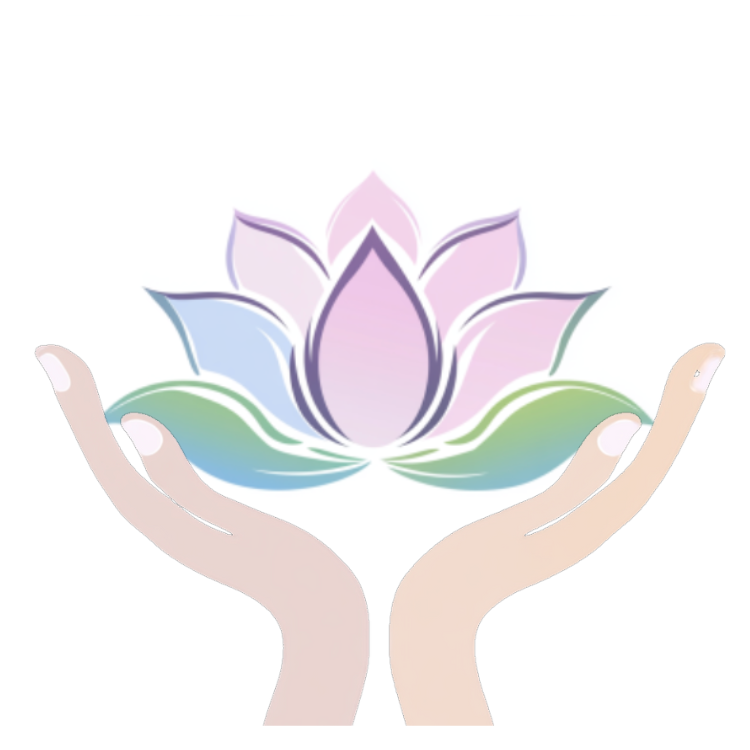Rest Is Not a Reward It Is a Requirement
We See Rest As A Choice…But Is It?
Recently, I was listening to an episode of Jenna Kutcher’s The Goal Digger podcast and heard a line from Nedra Glover Tawwab that made me stop and replay it:
“Rest is not a reward for work completed. Rest is a requirement for work to be sustainable.”
That single sentence flipped something in me. It kind of stopped me in my tracks. I stopped the podcast, hit rewind, and rewind and rewind. Seriously! When I got home I wrote that quote down and looked at it for a few minutes. It was the truth my body had been whispering for years, and my brain had been ignoring.
Why We Hold Rest Hostage
Most of us have been trained to treat rest like dessert—something you only get after clearing your plate. We say things like, “Once I finish this project, then I can take a break.” Or, “After the holidays, I’ll rest.” But the truth is, waiting until after everything is wrapped up means rest often never comes. There’s always another email, another deadline, another demand waiting in the wings. That’s the road to burnout. Burnout isn’t dramatic. Sometimes it’s just a numbing fatigue that won’t budge.
The Crash-and-Burn Cycle
When we put rest on the back burner, what usually happens? We push, we push harder, and eventually, we hit a wall. For me, that wall is getting sick. It puts a huge STOP sign in my face. Burnout becomes predictable, not accidental. It’s like trying to run a marathon while refusing water at every station—you may get farther than you thought, but you’ll collapse before the finish line.
And for many of us, that collapse tends to come right at the end of the year. Instead of slowing down intentionally, we power through until we’re running on fumes, only to greet the new year already drained, and for me, usually with a bad cold that puts me down for at least a week.
Flipping the Script on Rest
The idea that rest is a requirement means it’s not something we “earn”—it’s something we build into the rhythm of our lives the same way we build in meals or sleep. It is maintenance, not luxury. Sustainability isn’t created through sheer willpower. Sustainability is created through conscious replenishment.
Simple Shifts to Try Now
To make this practical, here are a few ways to stop treating rest as optional and start treating it as essential:
Guard your boundaries Treat downtime like a real appointment. Blocking out non-negotiable downtime in your calendar. You wouldn’t cancel on your boss or your best friend—don’t cancel on yourself.
Practice mini-pauses Five minutes of stillness between meetings, stepping outside, or sipping tea without multitasking can reset more than you think.
Redefine success Crossing everything off your list isn’t always a win. Sometimes, success looks like showing up restored, creative, and grounded.
Build rest into endings Instead of finishing the year at full throttle, try easing into quieter routines: earlier bedtimes, gentler workouts, or tech-free evenings.
A Reframe for the Season Ahead
As I reflect on Tawwab’s words, I see how vital it is to unlearn the toxic habit of dangling rest like a carrot we may never reach. What if we didn’t wait until January to reset? What if the way to end the year strong is actually to end it rested?
Rest is not a trophy waiting at the end of all our effort. Rest is the resource that allows us to keep showing up, keep creating, and keep living in a way that doesn’t drain us dry.
This year, instead of meeting exhaustion in December, I want to meet peace.
Are you with me?

